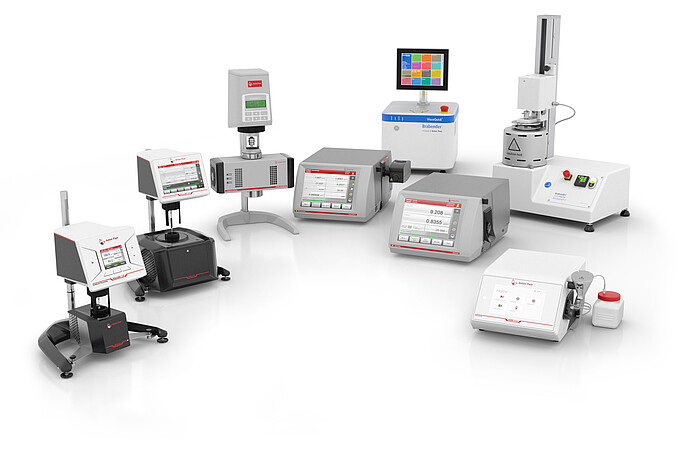
Viscometers
The World’s Most Successful Viscometers
Anton Paar’s viscometers have revolutionized viscosity measurement. With the SVM Viscometer series and the Lovis 2000 M/ME rolling-ball viscometer, viscosity determination is quicker and easier than ever before. For viscosity in rotation, Anton Paar’s ViscoQC 100/300 and RheolabQC let you run quick single- or multi-point viscosity checks or simple rheological tests. The Brabender ViscoQuick, Viscograph-E, and Amylograph-E are the perfect choice for high-torque applications and standards-compliant measurements of flour and starch.
Anton Paar Products
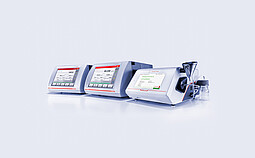
Automatic Kinematic Viscometer:
SVM
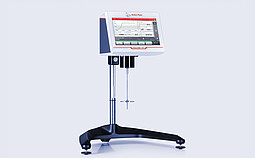
Rotational Viscometer:
ViscoQC
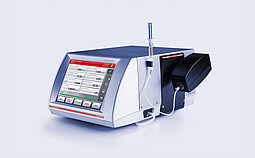
Rolling-Ball Viscometer:
Lovis 2000 M/ME
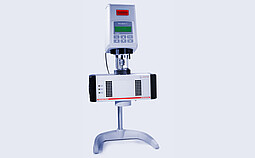
Rotational Rheometer:
RheolabQC
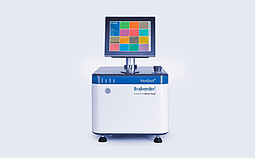
Universal Torque Viscometer:
Brabender ViscoQuick
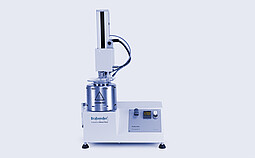
Standard Starch Viscometer:
Brabender Viscograph-E
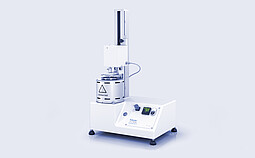
Standard Flour Viscometer:
Brabender Amylograph‑E
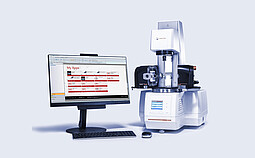
Rheometer Software:
RheoCompass

Software Solutions for ViscoQC:
Software
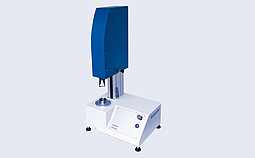
Brabender:
GlutoPeak
Thermoelectric temperature control
Our viscometers provide fast, stable thermoelectric temperature control via Peltier elements. Easily perform temperature scans or measure viscosity at a series of alternating temperature values. Without thermostatic baths/refrigerating circulators, you save a significant amount of work and time and can count on stable, accurate temperature values throughout your measurement.
Economical consumption of resources & small footprint
Save time, sample liquid, solvent, power, and lab space with our viscometers. The compact design, small measuring systems, advanced measuring technology, and efficient temperature control of the digital viscometers reduce required resources to a minimum.
Compliance with established standards and norms
With our viscometers, you operate according to ASTM, AACCI, ICC, ISO, DIN, or EN standards. This means you can compare your measuring values to established criteria.
Low maintenance costs
Due to their robust, well-thought-out design, our viscometers run reliably for years while requiring only a small number of wearing parts such as sealing gaskets. Regular replacement of just a few parts keeps your instrument running perfectly at minimal cost.
Reliable worldwide service and application support
A worldwide service network ensures that the right contact person is always close by. With more than 35 years of experience in viscosity determination, thousands of installed viscometers around the globe, and an on-demand measurement service to help you find the right solution for your application, Anton Paar is the longstanding number one choice in viscometry.
Webinars
We offer you a great and constantly growing choice of live webinars and recordings on products, applications, and scientific topics.
View webinars
